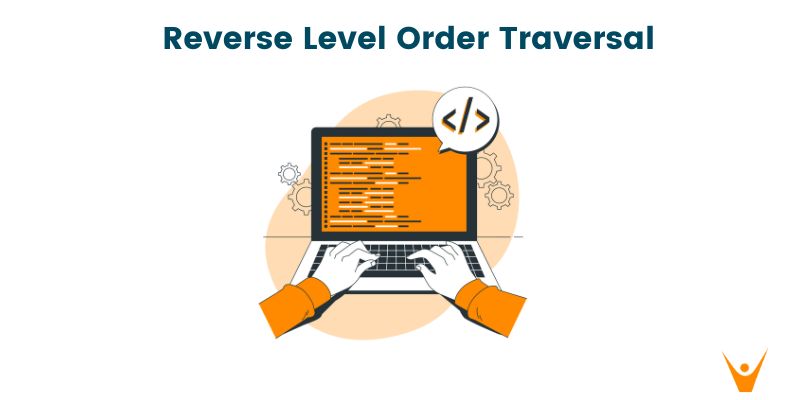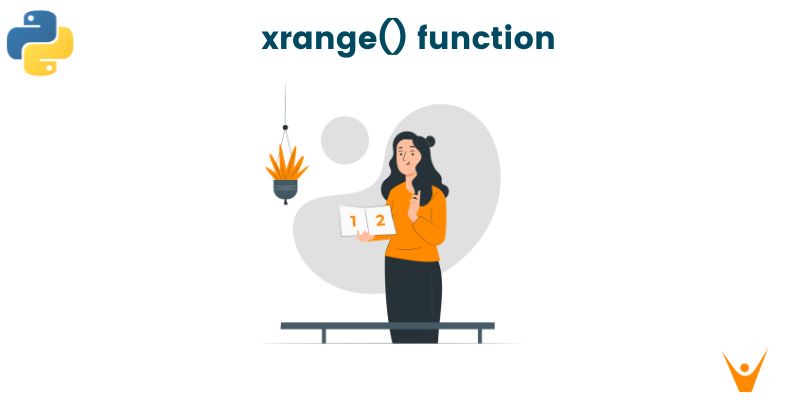In the world of C++, type conversions play a crucial role in manipulating data and ensuring compatibility between different types. One such type conversion operator is static_cast, which allows for explicit type conversions in a safe and controlled manner. In this article, we will explore the intricacies of static_cast in C++, including its advantages, and handling of failures.
What Does static_cast Do in C++?
The C++ static_cast is a type conversion operator used to explicitly convert one type to another. It performs a wide range of conversions, including fundamental data types, pointers, references, and user-defined types, while ensuring type safety and compile-time checking. The primary purpose of static_cast is to enable conversions that are well-defined and safe within the language rules.
It is a powerful type conversion operator in C++ that allows for explicit type conversions in a safe and controlled manner. By using static_cast, you can make your code more explicit, readable, and maintainable while minimizing the risk of type-related errors.
Is static_cast an Operator? Yes, static_cast is one of several type conversion operators in C++. It is specifically used for explicit type conversions and follows the syntax:
static_cast<new_type>(expression)
The expression within the parentheses is converted to the new type specified within the angle brackets. This operator ensures type safety and provides clarity in code.
Let's delve into some examples to illustrate the functionality of static_cast:
1) Converting Between Fundamental Data Types
int myInt = 10; double myDouble = static_cast<double>(myInt);
In this example, we have an integer variable `myInt` which we want to convert to a double. By using static_cast, we explicitly specify the desired type conversion. The result is a new double variable `myDouble` that holds the converted value. This operation is safe and well-defined because it involves converting from a smaller data type (int) to a larger data type (double).
2) Converting Pointers and References
static_cast can also be used to convert pointers and references between related types. However, it is important to note that static_cast does not perform any runtime checks for compatibility or safety. It relies on the programmer's responsibility to ensure the correctness of the conversion.
Base* basePtr = new Derived(); Derived* derivedPtr = static_cast<Derived*>(basePtr);
In this example, we have a base class `Base` and a derived class `Derived` inheriting from it. We allocate memory for a derived class object and assign its address to a base class pointer `basePtr`. We then use static_cast to convert `basePtr` to a derived class pointer `derivedPtr`. This conversion is valid because we know that the object being pointed to is actually of the derived class type.
Advantages of static_cast
static_cast offers several advantages in C++ programming. Let's explore some of these benefits:
- Explicitness: By using static_cast, you explicitly specify the intended type conversion, making the code more readable and self-explanatory. Other programmers who read your code can easily understand the type of conversion operation being performed, enhancing code maintainability.
- Compile-Time Checking: static_cast performs its type checks at compile-time, ensuring that only valid and well-defined conversions are allowed. This helps catch potential errors and type mismatches early in the development process, reducing the likelihood of runtime errors.
- Narrowing Conversion Detection: It can detect narrowing conversions, where data loss may occur due to reducing the precision or range of a value.
For example:
double myDouble = 3.14159; int myInt = static_cast<int>(myDouble);
In this case, static_cast detects the narrowing conversion from double to int and may issue a warning. This helps you identify potential data loss and make informed decisions about the conversion.
Difference Between Implicit Cast and static_cast
In C++, there are two primary ways to perform type conversions: implicit cast (also known as automatic cast) and static_cast.
First, cast is performed automatically by the compiler based on the type compatibility rules, without explicit user intervention. On the other hand, static_cast requires explicit specification by the programmer, providing clarity and ensuring that type conversions are intentional.
Also, Implicit cast does not provide extensive compile-time checking and may allow certain conversions that are potentially unsafe or unexpected. In contrast, static_cast performs comprehensive compile-time checks, ensuring type safety and preventing implicit conversions that could lead to errors.
Handling Failure in static_cast
In general, static_cast is a safe and well-defined conversion operator. However, in some cases, it may fail or lead to undefined behavior if used incorrectly. Here are some scenarios where static_cast can encounter problems:
- Incompatible Types: If the conversion requested by static_cast is not valid according to the type rules of C++, such as converting between unrelated types, it will result in a compile-time error.
- Downcasting Failure: Downcasting, which involves converting a base class pointer or reference to a derived class pointer or reference, can lead to failure if the object being referred to is not actually of the derived type. In such cases, the behavior is undefined, and the program may encounter runtime errors.
Conclusion
In this article, we explored various aspects of static_cast, including its purpose, advantages, differences from the implicit cast, handling of failures, and its behavior in creating copies.








